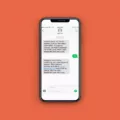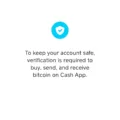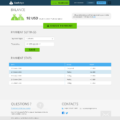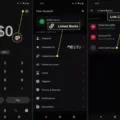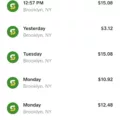Cash App is a popular mobile payment service that allows users to send and receive money quickly and easily. With its user-friendly interface and convenient features, it has gained a large user base. However, there may be times when you need to find out who a Cash App account belongs to.
When it comes to identifying the owner of a Cash App account, there are a few things to keep in mind. First and foremost, Cash App is designed to protect the privacy of its users. This means that personal information, such as name, phone number, email, and password, is not easily accessible to others.
To find out who a Cash App account belongs to, you would typically need to have some form of contact or connection with the account holder. This could include knowing their Cash App username or “Cashtag.” A Cashtag is a unique identifier that allows users to be recognized on the Cash App platform. It is essentially a username that can be shared with others for payment purposes.
If you have the Cashtag of the person you are trying to find, you can search for it within the Cash App. This will bring up the profile associated with that Cashtag, which may provide additional information about the account owner, such as a profile picture or bio.
It is important to note that Cash App is not completely anonymous. While it does offer some privacy features, such as the use of Cashtags instead of personal information, the app still requires users to verify their identity. This means that Cash App may have access to certain personal information and transaction records.
Finding out who a Cash App account belongs to can be done by knowing the person’s Cashtag and searching for it within the app. However, it is important to respect the privacy of Cash App users and only seek this information if you have a valid reason and a connection with the account holder.
Can Someone Identify You From Cash App?
Someone cannot directly identify you from the Cash App. The Cash App uses a unique identifier called a cashtag or Username to recognize your account. This means that your personal information, such as your name, phone number, email, and password, is not shared with other users on the platform.
Here are some key points to consider:
– Cashtag or Username: When using the Cash App, you are identified by your cashtag or Username. This is a custom name that you choose and share with others when you want them to identify you on the app. It is different from your personal information and provides a layer of security.
– Personal Information: Your personal information, including your name, phone number, email, and password, is not visible to other Cash App users. This information is securely stored and encrypted by the Cash App to protect your privacy.
– Secure Transactions: The Cash App ensures secure transactions by using encryption technology to protect your financial data. This means that your payment details and transaction history are kept confidential and cannot be accessed by other users.
– Privacy Settings: The Cash App also provides privacy settings that allow you to control the visibility of your profile and transactions. You can choose to make your profile public or private, depending on your preferences.
The Cash App prioritizes user privacy and security. Your personal information is not shared with other users, and you can use a cashtag or Username to identify yourself on the app. As long as you keep your login credentials secure and avoid sharing them with others, your identity should remain protected on the Cash App platform.
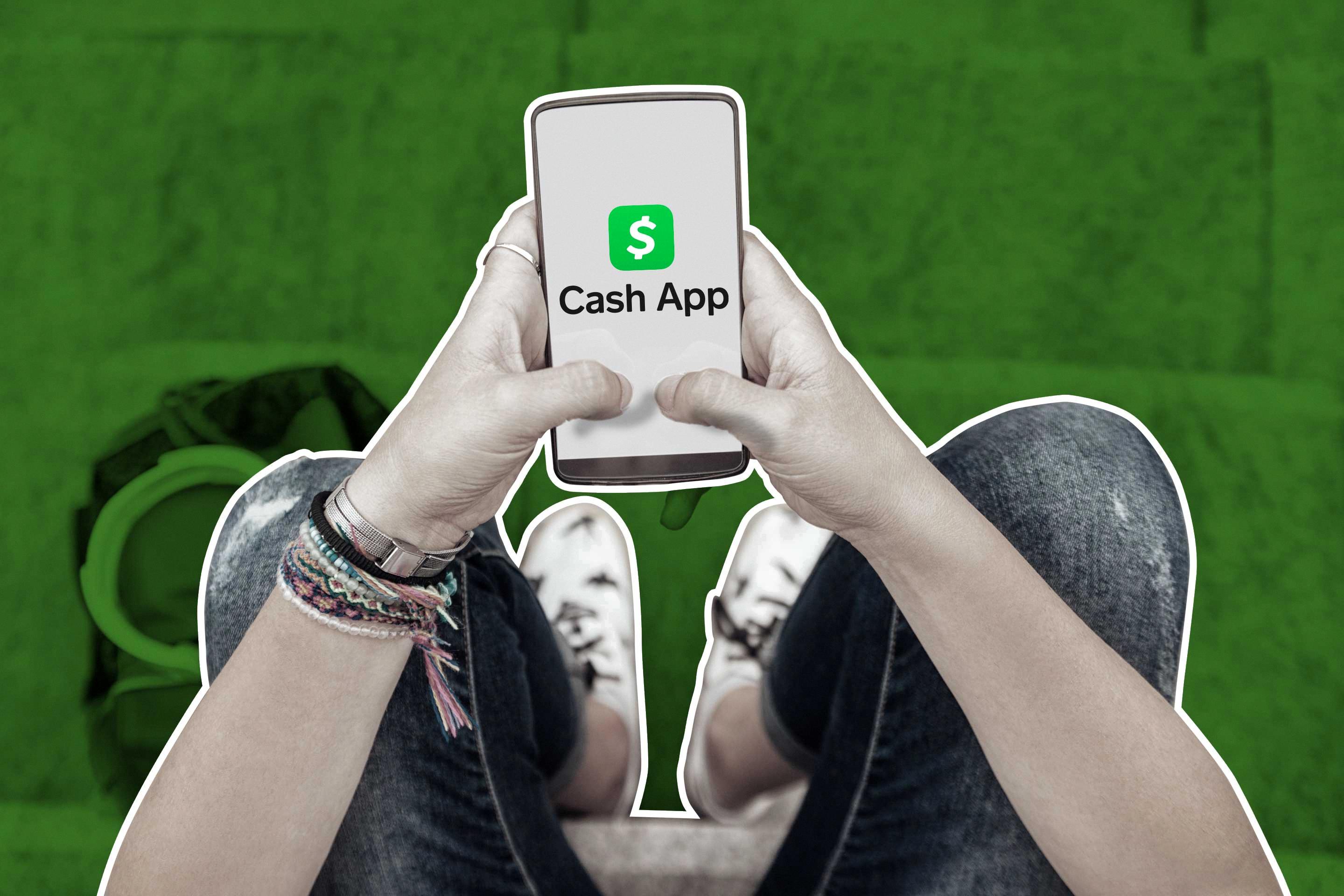
Can You Track Someone From Cash App?
It is not possible to track someone from their Cash App account without their knowledge or consent. Cash App, like other financial apps, has strict privacy and security measures in place to protect its users. Here are some reasons why tracking someone through Cash App is not possible:
1. Anonymity: Cash App allows users to create accounts using a unique identifier, such as a username or a phone number. This means that personal information, such as a person’s name or address, is not readily available on the platform. Without this information, it is difficult to track someone.
2. Encryption: Cash App uses encryption technology to secure user information and transactions. This means that the data transferred between the app and its servers is highly secure and virtually impossible to intercept or manipulate.
3. Consent-based transactions: Cash App requires both parties to approve a transaction before it can be completed. This ensures that users have control over their money and can verify the details of the transaction before finalizing it. Without consent, it is not possible to track someone through their Cash App transactions.
4. Privacy settings: Cash App also provides users with privacy settings that allow them to control who can see their transactions and personal information. Users can choose to keep their transactions private or share them with their contacts. This further enhances the privacy and security of the app.
Cash App is designed to protect the privacy and security of its users. Tracking someone without their knowledge or consent is not possible due to the app’s anonymity, encryption, consent-based transactions, and privacy settings.
How Anonymous is Cash App?
Cash App is not completely anonymous. While it offers some features that can enhance privacy, such as the use of $Cashtag usernames and privacy settings, it still requires identity verification and retains transaction records. Here are some key points to consider regarding the level of anonymity provided by Cash App:
1. Identity Verification: Cash App requires users to provide personal information, such as their full name, date of birth, and Social Security number, in order to create an account. This information is used to verify and link the user’s identity to their account. Therefore, Cash App does not provide complete anonymity in terms of user identification.
2. Transaction Records: Cash App keeps records of all transactions made through the platform. This includes details such as the amount, recipient’s information, and the purpose of the transaction. While these records are primarily used for security and regulatory compliance purposes, they can potentially be accessed by law enforcement or other authorized entities.
3. $Cashtag usernames: Cash App allows users to create unique $Cashtag usernames as an alternative way to receive payments. This can provide some level of anonymity as users can share their $Cashtag instead of revealing their personal information, such as their phone number or email address. However, it’s important to note that Cash App still requires identity verification during the account setup process.
4. Privacy settings: Cash App offers privacy settings that allow users to control who can see their transaction history and other personal information. Users can choose between making their transactions private or visible to friends or the public. These settings can offer some additional control over the visibility of one’s financial activities to others.
While Cash App offers certain features that can enhance privacy, it is not completely anonymous. Users should be aware that their personal information is required for identity verification, and transaction records are retained by the platform. If complete anonymity is a priority, alternative methods or platforms may need to be considered.
Conclusion
Cash App is a secure and convenient financial app that allows users to send and receive money with ease. While hacking is not possible on the Cash App platform unless personal information is shared, it is important for users to remain vigilant and protect their account information. Cash App uses unique identifiers called $Cashtags to ensure privacy and security when making transactions. However, it is important to note that Cash App is not completely anonymous, as it requires identity verification and retains transaction records. Cash App provides a safe and convenient way to manage your finances, but it is always recommended to exercise caution and follow best practices for online security.


